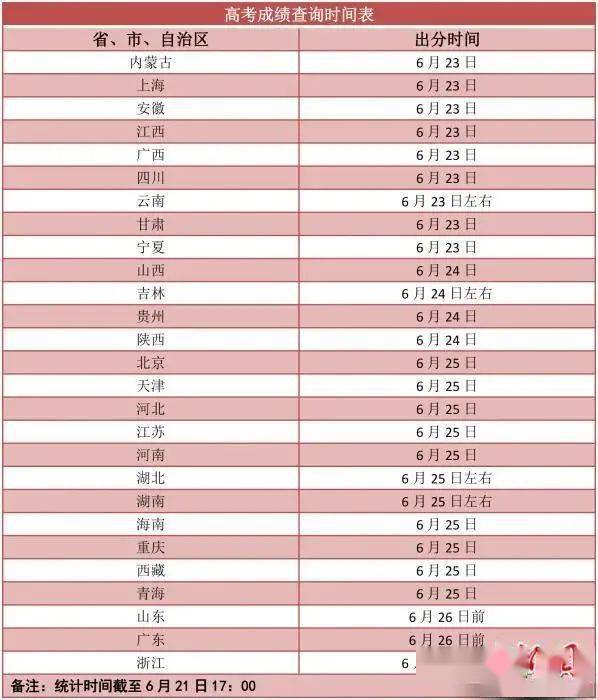The view of friend-foe is the biggest contributor to the transatlantic relationship between the US and the European Union (EU).

US President Joe Biden is determined to improve relations with European allies. (Source: Reuters)
Former President Donald Trump changed America – less than his supporters wanted, but more than the opposition had hoped.
However, over the past four years, it’s not just America that has changed. America’s allies are also changing. This makes it impossible to return transatlantic relations back to an earlier period.
The unique relationship between the US and European countries is seen by observers as not going back to the way it once was, even though Mr. Biden has become President.
Former President Donald Trump is not alone.
The first reason that the relationship between the US and the European Union (EU) is difficult to return to the past originated from before Mr. Trump took office.
That’s Brexit. For decades, the UK was the first US partner to think of in Europe. London is also the most reliable and effective support partner on the “old continent”, sometimes even accepting against the bloc’s general policy.
Now that the UK leaves the EU, the United States needs to invest more time and resources in building relationships with EU politicians and institutions.
After all, defense and intelligence relations with Britain are still of great value to the United States, causing Washington to be concerned. Besides, the UK is still the closest partner to the US in terms of geopolitical issues such as Russia and China.
On the other hand, the administration of President Biden concurred with the assessment of the EU and Ireland on the challenges Brexit brought to Northern Ireland.
The impact of Brexit on UK-EU relations poses challenges for the US, especially when London and Brussels will have many disagreements in the coming period.
The second reason for the split between the US and EU is the common value system, affecting policy choices.
Economically, the presidency of President Trump has made American politicians “awaken”, realizing they need to work towards solving their own problems. Democrats demand increased support for workers, as well as for industry.
Although the EU also takes such measures, this could provoke the EU to oppose what it calls “unfair competition”.
In addition, EU priorities in the twenty-first century such as climate change or digital services could lead to new tariffs or regulations. With different approaches to digital privacy or freedom of speech, the common value systems between the US and Europe are increasingly distant.
However, the biggest difference lies in the geopolitics, namely the friend-foe perspective.
During the Cold War, when the Soviet Union was a common enemy, the transatlantic relationship was arguably the most sustainable.
Currently, some European countries and politicians have come closer to Moscow, considering it as an important energy partner. Others want to ignore acts of aggression, or actions that the EU deems a violation of Russian human rights.
But China is the real problem. The US sees China as a major competitor in both economic and security terms.
Meanwhile, while China can be viewed as a security threat, Europe still looks forward to economic cooperation with Beijing, reflected in the Comprehensive Agreement on Investment signed in December 2020.
America and Europe will find it difficult to cooperate with each other when it is impossible to even determine which are friends and enemies.
If not united by a common threat, the transatlantic relationship will split.
European leaders can breathe when a “traditional” President like Mr. Biden is elected. However, the departure of Mr. Trump does not create a solid foundation for this long-standing relationship.
The transatlantic alliance is on the decline, as is the Western-led world order. The two sides need to understand this soon to start building a new architecture, thereby forming a stronger bilateral relationship.
(According to Nikkei Asia)





























































You must log in to post a comment.